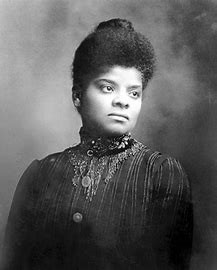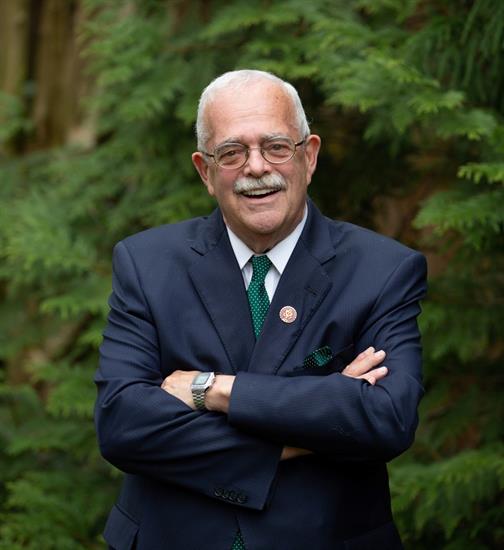A Woman to Remember
by Denise Roosendaal
As we wind down this month of March, also known as the National Woman’s History Month, I’ve been thinking a lot about Ida B. Wells. She was a woman to remember. Born into slavery in 1862 in Holly Springs Mississippi, she lost her parents to the yellow fever epidemic in 1878 and became the sole caretaker of her siblings. She soon became an educator and a newspaper editor of the Memphis Free Speech.
I recently attended a lecture at the William B. Crawley Great Lives Lecture Series at Mary Washington University about Mrs. Wells. The lecturer, author Sarah Silkey, wrote about Mrs. Wells in the book titled “Black Woman Reformer: Ida B. Wells.” Silkey explained that in the late 1800s social class for women, Black or White, was decided by manners, good grooming, and social connections. Ida B. Wells was thought to be in the upper crust of society which entitled her to travel safely in first class. When she was asked to leave the first-class train compartment and refused, she was escorted off the train. She sued the railroad for violating her civil rights and won $500.
Mrs. Wells became a civil rights advocate as a result of her experience. She began speaking out against the rising number of lynchings and used investigative journalist techniques to report on the incidents. When Thomas Henry Moss, Senior, a friend of Wells and owner of a local Black grocery store, was lynched Wells penned a strongly worded editorial urging her fellow Black residents to flee Memphis altogether. After Wells left Memphis herself to attend a conference in Philadelphia, the newspaper office was ransacked and burned by a white mob.
Wells continued her anti-lynching campaign from New York and later from Europe where she found a sympathetic audience to the moral outrage she felt about the rising violence in her country against the Black community. The reception she found in Europe contrasted sharply with the critics she found herself facing in the American press and community leaders.
Wells was a founding member of the NAACP and gained the support and recognition of Frederick Douglass for her work. She eventually married, moved to Chicago, became involved in the Women’s Suffrage Movement and fought against school segregation.
With the recent, unanimous passage by the Senate of the Anti-lynching legislation, I have to imagine Mrs. Wells would have been proud and understood her contribution in raising this country’s awareness of the racial terror of lynching and mob violence.
“A society grows great when old men (and women!) plant trees whose shade they know they will never sit in.”(Anonymous)
I admire Wells for her activism at a time when it was dangerous to speak out. I admire her eloquence in writing and speeches as she attempted to deconstruct the preposterous mental gymnastics that her fellow countryman engaged in to justify the barbaric acts of lynchings. And I admire this woman who both engaged in the traditional feminine activities of her time, such as motherhood and caring for her siblings while balancing her rather outsized role as a writer and a change maker. A woman to be remembered and celebrated.

Special thanks to Denise Roosendaal for her contribution. In addition to writing several books and articles, she is a non-profit association manager who resides with her family in Manassas. To find out more about Denise and her incredible works, please visit her website.



